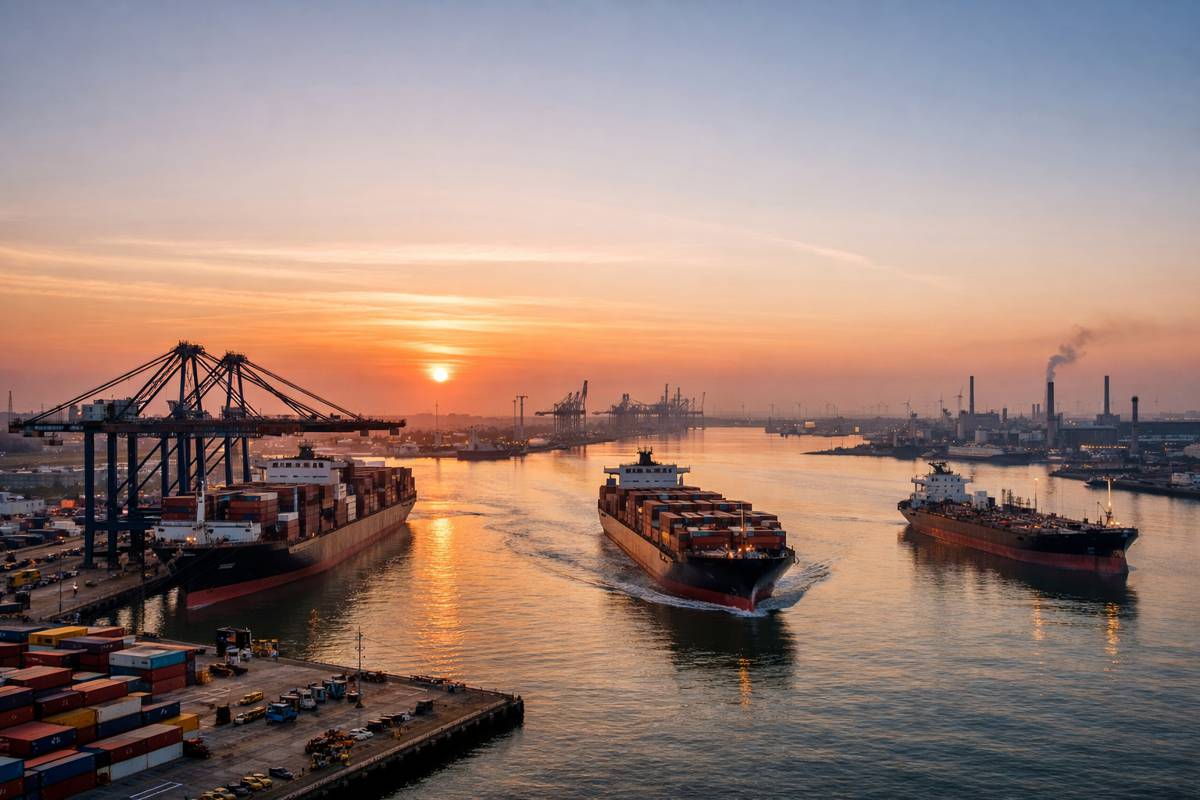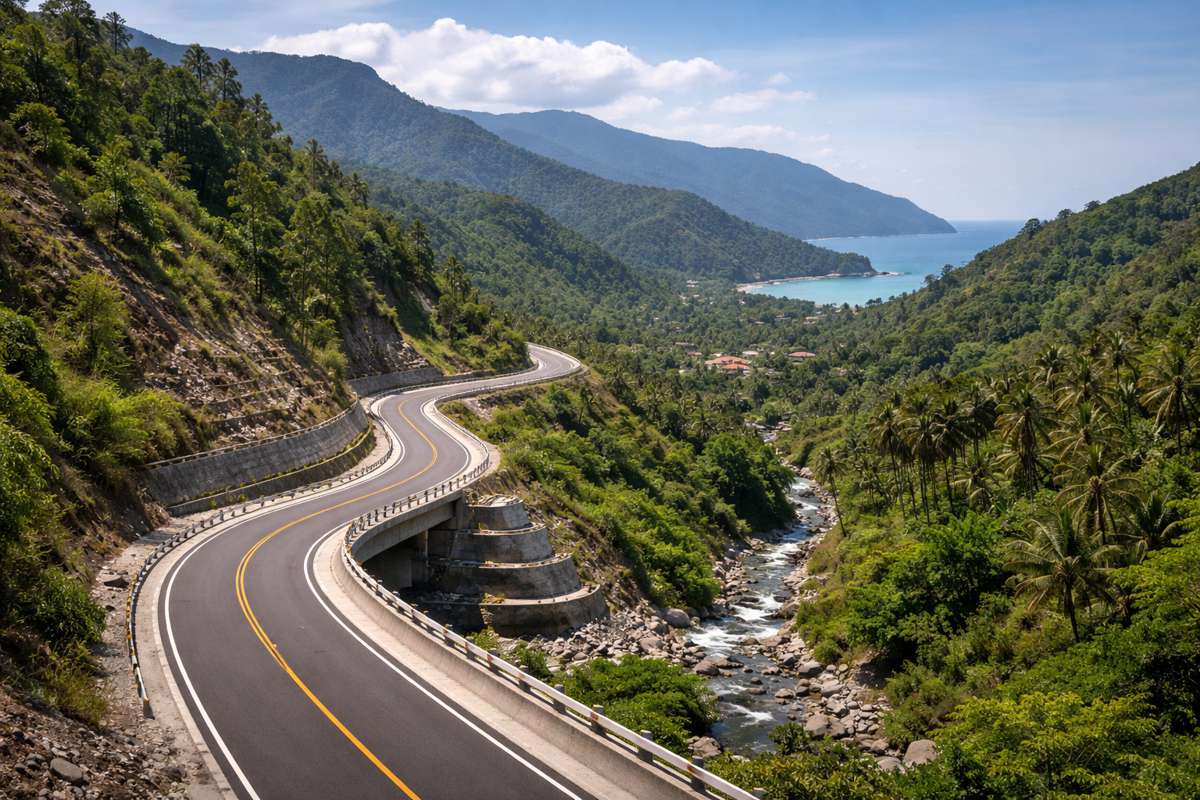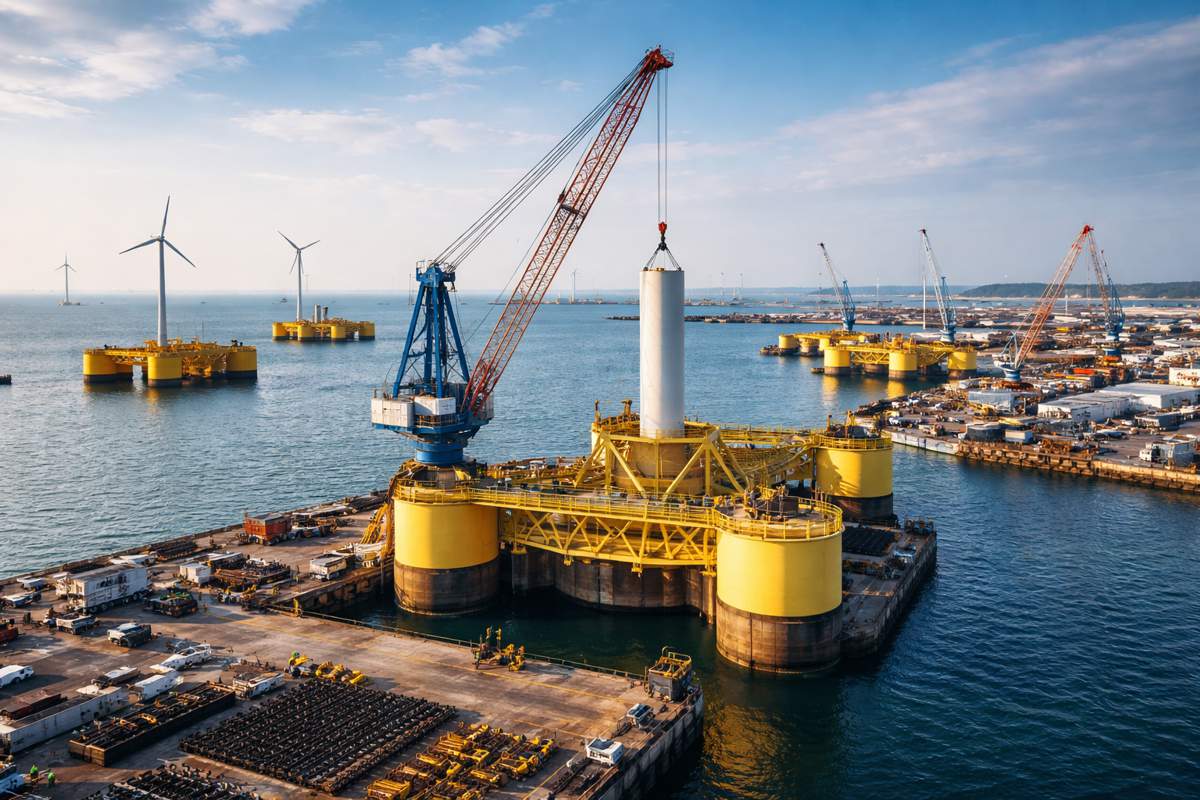New £1.5 million salt barn to help keep Britain’s roads moving this winter
A new £1.5 million salt barn in Knutsford, Cheshire, will help to keep the region’s motorways and major A roads moving this winter.
Highways England is storing more than 2,200 tonnes of salt in the new barn – enough to treat around 5,000 miles of motorway. The new barn is around 40 metres wide and 8 metres high, which is equivalent to a row of 8 terraced houses, and has been built just off the M6 close to Knutsford Services.
More than 41,000 tonnes of salt is currently being stored at 19 depots across the North West, and supplies will be topped up throughout the winter. A total of 73 gritters and dozens of gritter drivers are also on standby in the region to start spreading salt when temperatures are forecast to dip below freezing.

Andrew Olive, Highways England’s severe weather manager, said: “The new salt barn at Knutsford will play a vital role in helping to keep the roads moving this winter. We care about people getting to their destinations safely and during any severe weather our teams will be working around the clock to keep traffic moving.
“We’re asking drivers to make sure they and their vehicles are also prepared. Before you set out, check your vehicle, the road conditions and the weather forecast.
“If conditions are poor, and journeys are not essential, consider waiting until the weather gets better – this should improve journeys, and give our gritters a chance to treat the roads.”
Drivers are being asked to slow down in wintry conditions and to make sure they have a winter kit in their vehicles, including an ice scraper and de-icer, warm clothes and blankets, and sunglasses to cope with the low winter sun.
Highways England is also asking road users to take extra care in the temporary narrow lanes through the smart motorway roadworks on the M6 in Cheshire and M60 in Greater Manchester.
And drivers are being urged not to use the hard shoulder to undertake gritters, risking a collision with a stationary vehicle and causing a hazard when gritters try to come off at junctions.

Steve White is a gritter driver and maintenance worker at Balfour Beatty Mott Macdonald – Highways England’s operations and maintenance contractor in Cheshire. The 43-year-old from Preston Brook has been a gritter driver for 19 years. He said: “The new barn is in a great location as it’s right next to the M6 so it’s really easy to load up the gritters and then get back out on the motorway.
“I’d encourage drivers to be patient with us when they see us on the roads this winter as we come off at junctions quite frequently, and obviously the road in front is safer once the salt has been spread.”
To help keep traffic moving, Highways England has nearly 130 winter service depots across the country, and more than 250 environmental sensor stations that provide real-time monitoring of road weather conditions and temperatures.
During severe weather, drivers are urged to follow this advice:
- In snow and ice, drivers should stick to the main roads where they can and only travel if necessary.
- In high winds, there’s a particular risk to lorries, caravans and motorbikes, so drivers should slow down and avoid using exposed sections of road if possible.
- In heavy rain, drivers should keep well back from the vehicle in front, gradually ease off the accelerator if the steering becomes unresponsive, and slow down if the rain and spray from vehicles makes it difficult to see and be seen.
- In fog, drivers should switch on their fog lights and not use lights on full beam as the fog will reflect the light back. If you really cannot see, you should consider stopping until it is safe to continue.





















